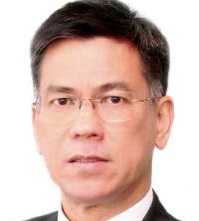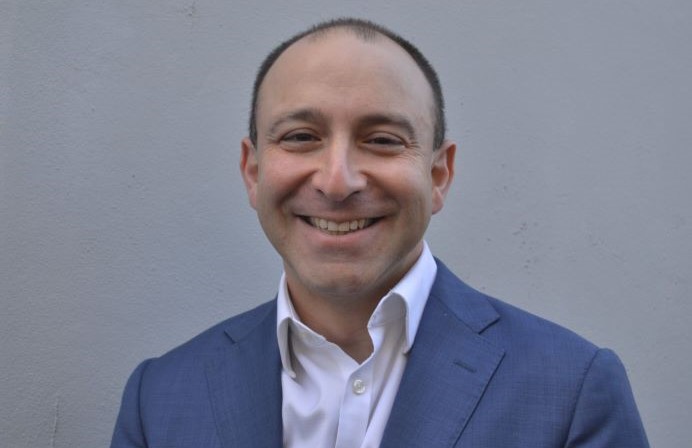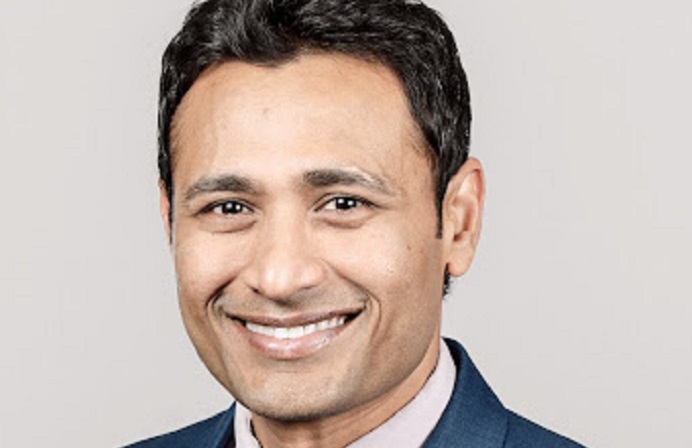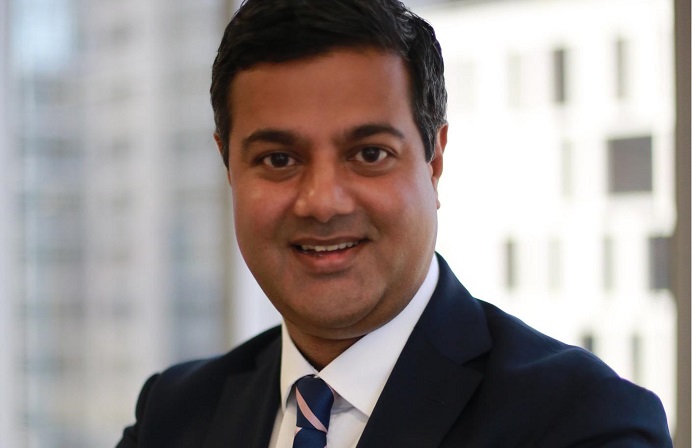
FST Media: Which emerging trend or innovation is currently flying under the radar that you feel is destined to make a significant impact on financial services?
Leung: The mobile platform is definitely flying under the radar. We are moving further from the web-based and desktop banking toward mobility, mobile devices, smartphones, tablets and wearable devices.
The first aim is to match the internet banking with the mobile device. We aim to do everything that internet banking is now able to do on the digital device. We are not there yet, but we are working towards this.
The second priority for the mobile platform is to cater uniquely for mobile devices such point-of-sale mobile payments. One particular platform is ‘WeChat’, which is a revolution in mainland China, and is developed by Tencent Holdings. Many banks in China use it as a platform to deliver banking services. In Hong Kong, a few banks are working on ‘WeChat’ as a platform to deliver banking services on mobile devices, a major trend in the banking industry.
FST Media: What are your IT priorities for the next 12 to 18 months?
Leung: CITIC is quite a large enterprise with banking as one of our businesses. In the next 12 months or so our first priority is to stabilise the bank to keep the engine room running for CITIC Bank International, with my top priority being stabilising and making the IT and operations units sustainable.
The second priority is to build a much stronger team. The bank has come through difficulties in the past couple of years. The morale and the skillset needs to be built up and revamped.
The third priority is to build infrastructure. The bank has gone through many changes, leaving the systems and infrastructure fragmented and not integrated or holistic.
With many systems and servers, the infrastructure needs to be, in some cases, rebuilt from the ground up.
The fourth priority is application-level integration. Sometimes even the same function will have multiple systems doing the same thing but for different business units.
Mobility is one key area of focus – we are looking at the smart branches and talking about new concept branches as well as customer facing initiatives like e-cheques and electronic bills.
FST Media: How is ‘CITICmobile’ app delivering value to the business, and how will you measure future success?
Leung: Like many banks, CITIC has developed and launched its own mobile Android and iPhone app, and with this native app you can do everything people used to do on the desktop. It has brought value to the business and for customers who like the mobility, and for those who are travelling or are on-the-go.
We will further this with another development we are working on using ‘WeChat’, which has a unique function called ‘bundle’. You bundle a number of accounts or credit cards to the ‘WeChat’ account, so customer does not have to login to mobile banking anymore, it is already pre-bundled.
For example, when you make a small payment at the point-of-sale checkout or a payment transfer, with the bundling feature, you simply press two keys to complete your transfer in a matter of seconds. These are mobile banking functions that will have quite a big impact on the behaviour of customers.
FST Media: How are you leveraging big data and analytics through online and mobile to deliver targeted and individual products?
Leung: Discussions abound in the banking industry around big data, analytics and business intelligence. And they are about not just one contact channel, but all the customer contact channels, branches, ATMs, phone banking, internet and mobile banking.
We are gathering all the contact history of High-Net Worth customers and, based on this and behavioural data, we will be able to track, collect and further analyse.
FST Media: What notable examples have you seen of financial organisations innovating to acquire and retain the growing Gen Y customer base?
Leung: A notable example is ‘WeChat’, which is instant messaging just like sApp.
Most if not all of the users of ‘WeChat’ are likely to be that younger generation who use it all the time. ‘WeChat’ also has an engine to chat using voice, enabling one ask questions.
In banking, for example, one can ask ‘if I have a million dollars, what is the best deposit interest rate I could get?’ ‘WeChat’ can give an answer through the bank.
FST Media: What skills should aspiring technology chiefs invest in now for future success?
Leung: I always encourage young people that want a career in IT to take on the ‘CORE’ principle: C for creativity, or curiosity; O for openness or open-mindedness; R for riskaversion or risk-awareness – this is important especially in IT because it is changing so rapidly, and E for energy – to have the energy and enthusiasm to pursue your goal and career. You cannot afford to lie back in the IT or banking industry because it is changing very rapidly.
This interview first appeared in FST Media’s annual magazine The Who’s Who of Financial Services Asia Pacific, which launched at the Technology & Innovation – the Future of Banking & Financial Services conference in Melbourne on 4th June, 2014.





